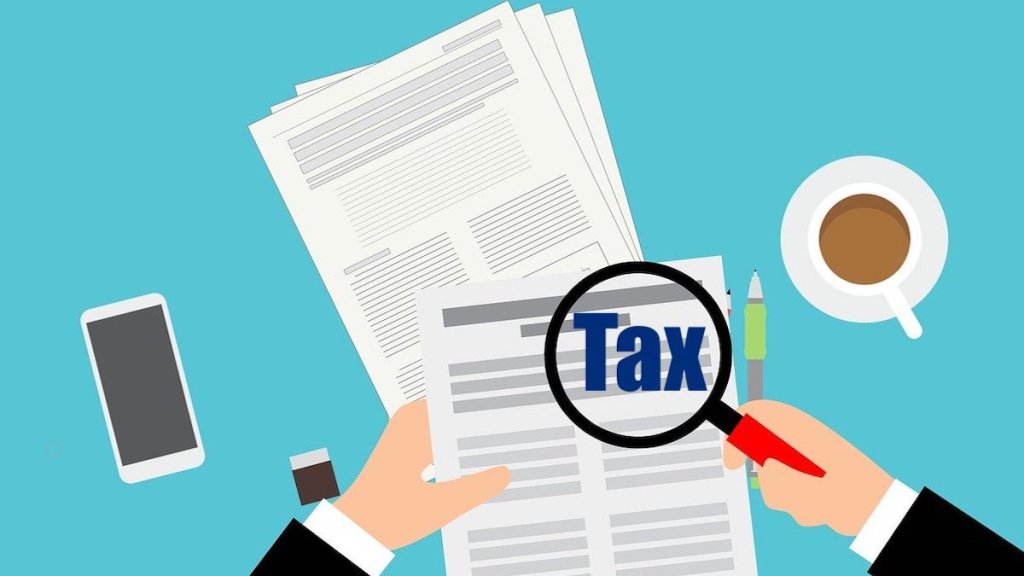The haste and aggression with which the Directorate General of GST (goods and services tax) Intelligence is going after the online gaming companies when the contentious—even constitutional—issues involved in the context are being reviewed by the Supreme Court betray apprehension, rather than conviction. E-gaming firm Delta Corp has called “arbitrary and contrary to law” the Rs 11,140-crore notice from the department concerning a certain past period. The argument this raises is broadly the same as the one involved in the Gameskraft case before the apex court, the next hearing of which is scheduled for early next month. In a September-2022 notice, the department had asked Gameskraft to cough up some Rs 21,000 crore as extra tax liability plus interest and penalty. The firm’s alleged additional liability is due to the taxman’s unanticipated decision to treat its business as “betting and gambling” that qualify for 28% GST on “the entire face value of all bets placed.” The firm’s contention is that Rummy, even if played with money stakes, was a skill-game and would attract only 18% GST on the gross gaming revenue (platform free or commission).
The GST Council at its 50th meeting in July (a virtual one followed in early August) decided to treat all online gaming platforms as akin to betting houses/casinos, removing the distinction between games of skill and games of chance. The Central GST Act was subsequently amended in the monsoon session altering the definition of “supplier” in the GST laws, as per which e-gaming firms would be deemed suppliers of ‘actionable claims in the nature of (providing a) chance to win.” This amounts to a rebuttal of the gaming industry’s argument that their platforms merely facilitate the games, and the actionable claims are supplied by the players themselves to one another.
Leave aside which argument is tenable, the retrograde nature of the amendment is that, the crucial redefinition of the term “supply”—which is at the core of GST principle that each business would pay the tax only on its own value added—has been brought in as mere “clarification,” while it is clearly a substantive change. The taxman’s intent is to seek retrospective validity to the amendment, but the legal position is that substantive changes in tax laws shall have only prospective effect. The instant tax notices to the e-gaming firms is also at variance with the clarification issued by the finance ministry following the Council’s decision that the tax on online gaming will apply only at the entry-level bets, and not on winnings redeployed on the platforms.
The government has every right to treat online gaming as an addictive “negative externality product” taxable at the highest slab, along with “sin goods.” It may also be right in discovering that the sector thrived on tax evasion—the tax revenue from the industry in FY23 is said to be only 2% of its estimated turnover of `85,000 crore. But it should not punish the industry for its failure to comprehend it early enough. The new tax structure along with the ministry’s notification would mean the industry might have to shell out much higher amounts as GST, but short of the punitive imposts suggested in the instant tax notices. The industry would need to innovate on the gaming patterns to survive. Meanwhile, the taxman’s retrospective misadventures are prone to judicial review.

